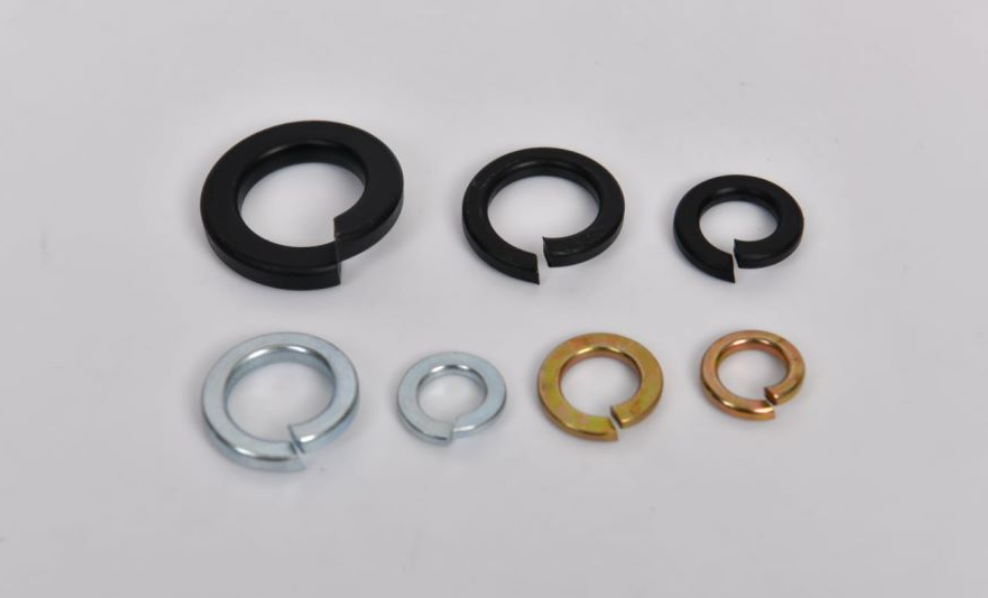Choosing the Right Length of Drywall Screws for Your Construction Projects
Understanding Drywall Screw Lengths A Comprehensive Guide for Industry Professionals
When it comes to construction and renovation projects, selecting the right materials is crucial for achieving high-quality results. Among these materials, drywall screws play an essential role in securing drywall panels to wooden or metal studs. A critical factor in ensuring the effectiveness of drywall screws is their length. This article explores the various lengths of drywall screws available in the market, their applications, and the factors to consider when choosing the right screw.
The Importance of Screw Length
Drywall screws come in various lengths, typically ranging from 1 inch to 3 inches. The length of the screw is vital because it affects the screw's holding power, stability, and the overall integrity of the drywall installation. Using a screw that is too short can lead to insufficient grip, causing the drywall to sag or crack over time. Conversely, using screws that are too long can damage behind-the-wall structures, such as electrical wiring and plumbing.
Common Drywall Screw Lengths
1. 1-inch Screws These screws are typically used for securing 1/2-inch drywall to metal studs. They can also be used for attaching drywall to wooden studs when working with thinner materials, such as 1/4-inch drywall.
2. 1.25-inch Screws The 1.25-inch screw is a popular choice for standard 1/2-inch drywall installations on wooden studs, providing optimal penetration without compromising the integrity of the drywall.
3. 1.5-inch Screws Common in heavy-duty applications, 1.5-inch screws work well with 1/2-inch drywall and are often preferred in commercial settings where additional strength is necessary.
drywall screw lengths factory

4. 2-inch and Above These longer screws are typically used for thicker drywall, such as 5/8-inch panels, or when additional holding power is required. In applications involving layered drywall (e.g., double-layer installations), longer screws become essential to ensure proper fastening.
Factors to Consider When Selecting Screw Length
1. Thickness of Drywall Always match the screw length to the thickness of the drywall being used. For standard 1/2-inch drywall, 1.25-inch or 1.5-inch screws are often recommended, while 5/8-inch boards may require screws measuring 2 inches or more.
2. Type of Studs The material of the studs (wood vs. metal) influences screw length and type. Metal studs generally require shorter screws due to their thin gauge, while wooden studs can accommodate longer screws.
3. Installation Method The installation technique (manual vs. power tools) may also impact the choice of screw length. For power tools, slightly shorter screws may be preferable to prevent accidental over-penetration and damage.
4. Environmental Conditions In regions with high humidity or potential exposure to moisture, opting for corrosion-resistant screws is advisable. These screws are often made from coated steel or stainless steel, which can enhance longevity regardless of their length.
Conclusion
Choosing the right drywall screw length is an integral part of ensuring a successful drywall installation. Understanding the different screw lengths available and the factors that affect your choice will aid in achieving a stable, durable structure. As you plan your next construction or remodeling project, make it a priority to assess the drywall thickness, stud material, and environmental conditions—setting you up for a successful outcome. By investing time in this selection process, you can ensure both the functionality and longevity of your drywall work.
-
Top Choices for Plasterboard FixingNewsDec.26,2024
-
The Versatility of Specialty WashersNewsDec.26,2024
-
Secure Your ProjectsNewsDec.26,2024
-
Essential Screws for Chipboard Flooring ProjectsNewsDec.26,2024
-
Choosing the Right Drywall ScrewsNewsDec.26,2024
-
Black Phosphate Screws for Superior PerformanceNewsDec.26,2024
-
The Versatile Choice of Nylon Flat Washers for Your NeedsNewsDec.18,2024










